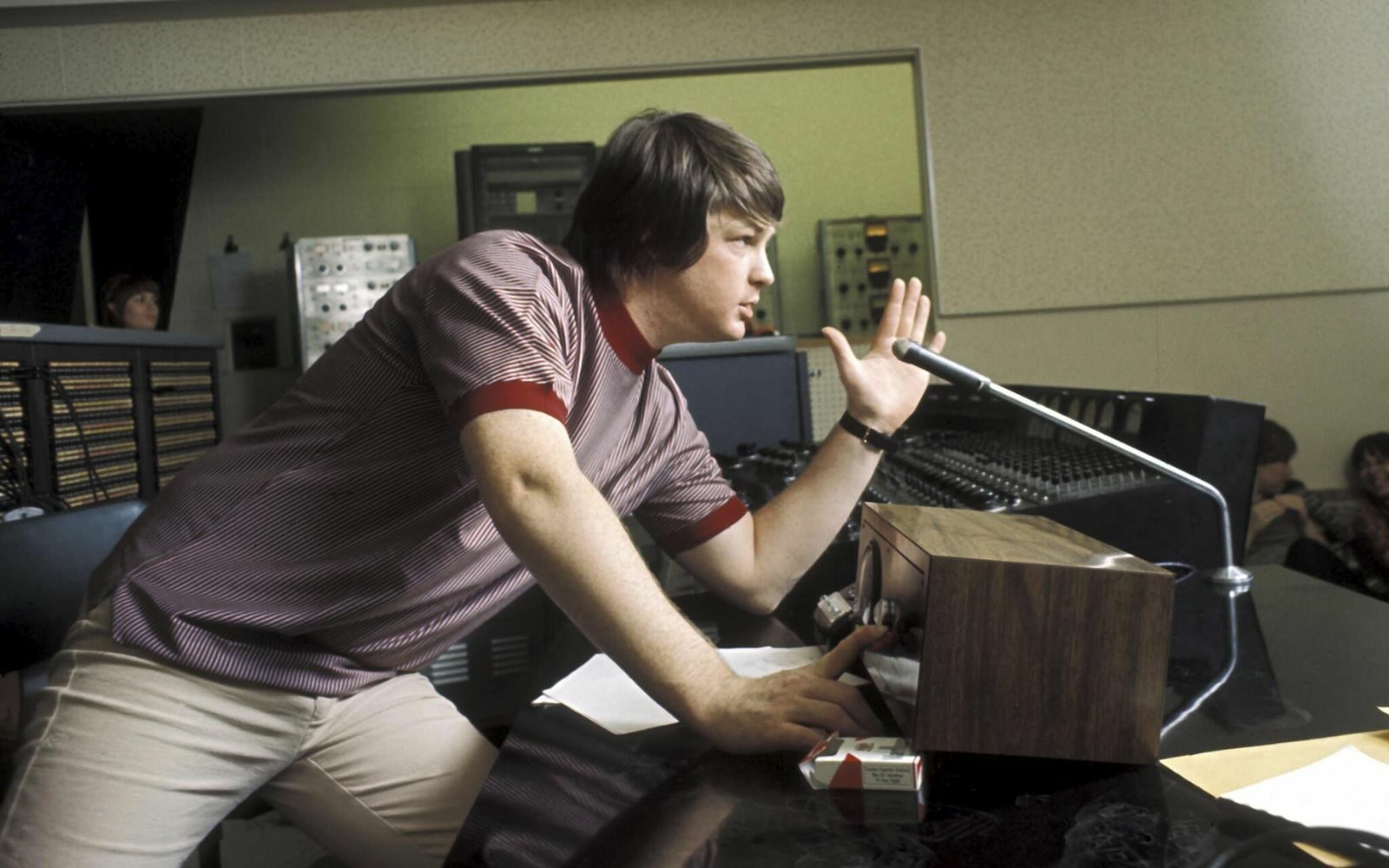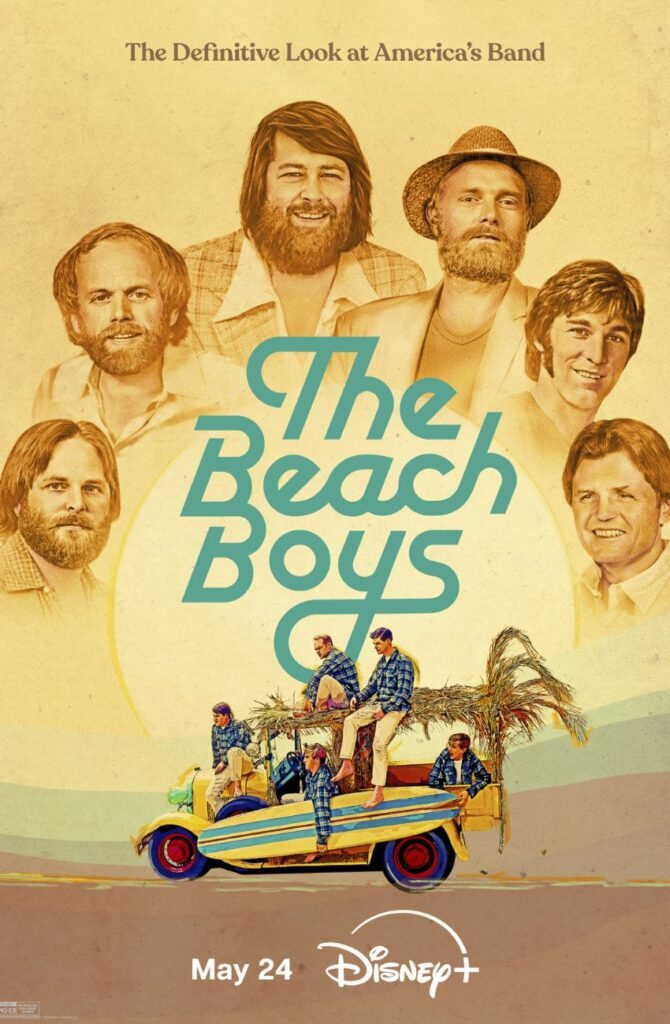
The Beach Boys Documentary is a Rousing Celebration of Musical Genius
Though not a definitive account of “America’s Band,” the Disney+ doc dishes up great insight into their creative process.
Directed by Frank Marshall
by Prabhjot Bains
- Published on
Like the California waves that The Beach Boys are synonymous with, their titular documentary gleefully takes us through the highs and lows of their lives as celebrities, musicians, and, most of all, brothers. Frank Marshall and Thom Zimny’s The Beach Boys is not only a love letter to their genre-defining pop-rock, but a tribute to the resilience and power of familial connection. Though not an exhaustive account of “America’s Band,” it taps into the heart of what made their music so timeless and influential, giving us great insight into the creative process of their now-iconic harmonies. The Beach Boys is at its most effective when it isn’t trying to venerate the band’s original lineup—The Wilsons (Brian, Dennis, and Carl), Mike Love, and Al Jardine—but instead when it pulls back the curtains on the tensions, insecurities, and rivalries that were ingrained in their watershed hits.
The film introduces each band member not by their musical roles, but their position in the family unit. Brian is “The Oldest Brother,” Carl is the youngest, Mike is “the Cousin,” and Al is the “The Best Friend.” It’s a clever choice that cements their dependence on family as both a key to their success and their ultimate downfall. There’s an impactful motif of ripped and stitched together photographs that depict the ever-changing makeup of the group—at one point having South Africans Ricky Fataar and Blondie Chaplin join in to shake up the sound. It all works to remind us that frayed family dynamics loom heavy over each step of the Beach Boys’ musical journey, whether it be consistent abuse and mismanagement from their father-manager Murray Wilson or the damaged self-worth that remained when they (finally) parted ways.
The Beach Boys is at its most resonant when it interrogates the White, Blonde surfer image cultivated by marketing execs, and how they quickly grew stale as the politically charged and more countercultural 60s rolled along. It does so by peering into the fabric of their music-making, which broke beyond the labels others gave it to become something all on its own. In drawing a line from influences like The Ventures, The Marketts, and Dick Dale, The Beach Boys deftly conveys how each member of the band was crucial in not only building upon their sound but re-inventing it—especially when it comes to the musical genius of Brian Wilson.
Brian’s journey from singer to songwriter to producer, one who rejected the methods of originators like Phil Spector to craft something more free-flowing and ethereal, is inspiring, relatable, and deeply tied to the healing power of music. Whether it was an obsession with “Be My Baby” by the Ronettes or a mixture of awe and jealousy when it came time to hear the Beatles’ Rubber Soul, The Beach Boys does a rousing job of putting us directly in the recording booth with someone who was “cerebral when it came to music.”
The seamless mix of archival footage, audio recordings, and interviews lets us escape into Brian’s dreamy, LSD-fuelled headspace, and into the recording sessions that birthed Pet Sounds and conjured the electro theremin in Good Vibrations. It’s equal parts fascinating and heartbreaking to see Brian’s musical ambitions outgrow the band’s style and be weighed down by his inability to see a life outside of them.
Yet, The Beach Boys is too over-polished for its own good, often feeling like an extension of the marketing campaigns it makes light of. It also bizarrely leaves out key information, such as how Brian’s partial deafness (allegedly caused by repeated childhood beatings from his father) might have informed and impacted the melancholic timbre of the band’s recordings. There’s nary a mention of the infamous Eugene Landy, a psychologist who effectively took control of Brian’s personal and artistic life in the 80s.
Nonetheless, while these missteps keep The Beach Boys from being a definitive account of the band, it doesn’t take away from its celebration of their musical legacy and familial bond. Above all else, it’s a documentary that understands that despite the ups and downs, we “gotta keep those lovin’ good vibrations a-happenin’.”


